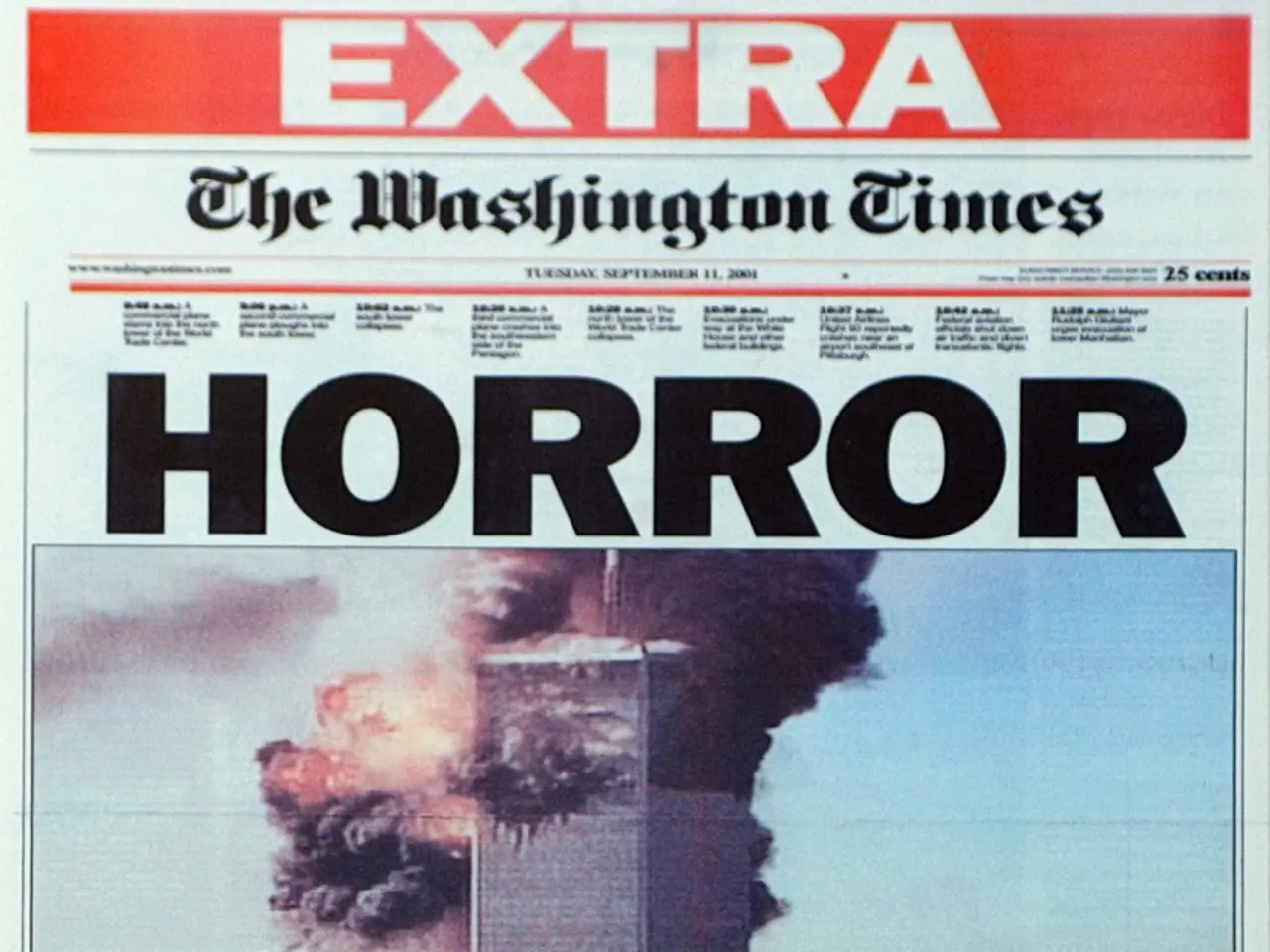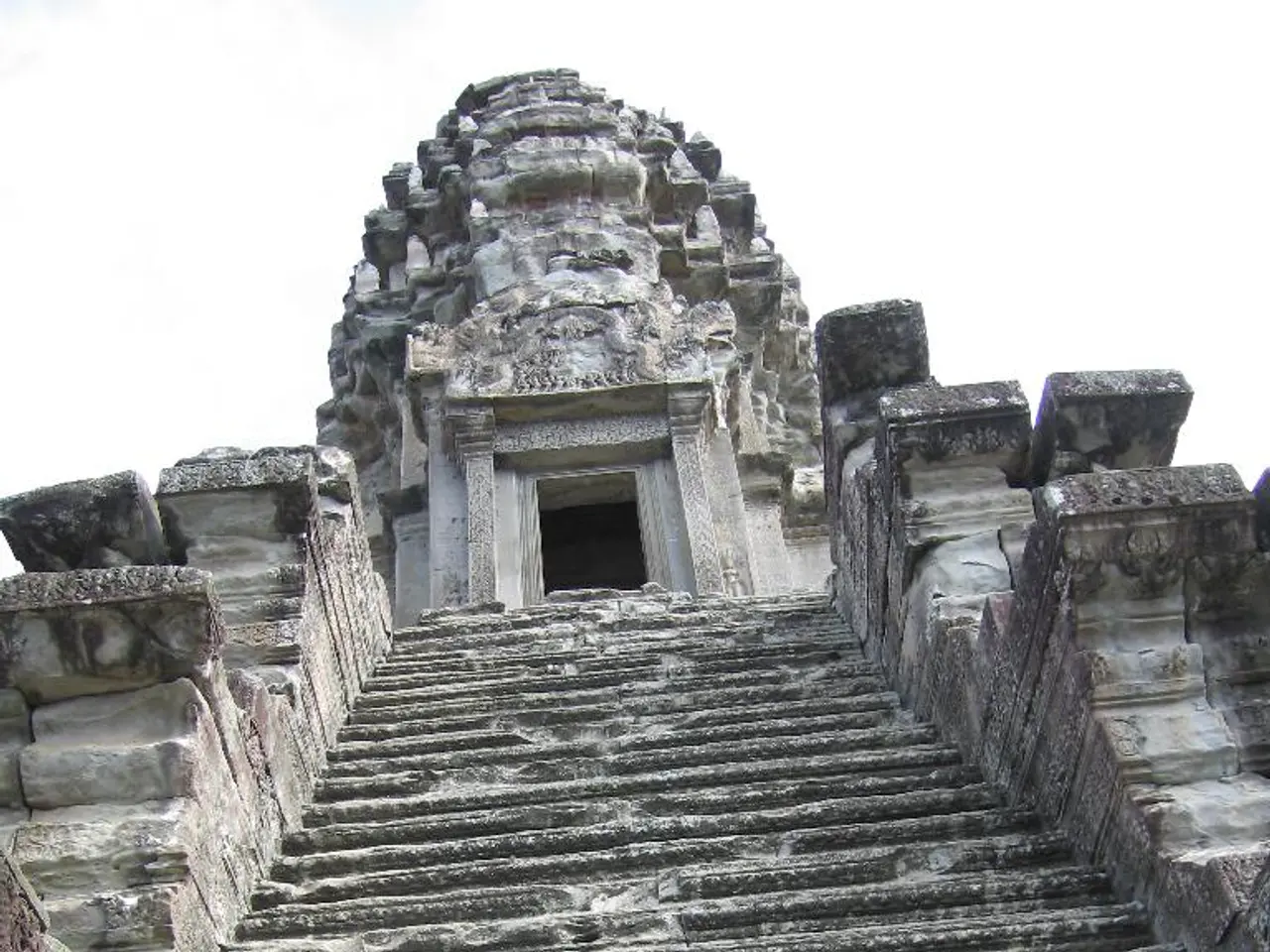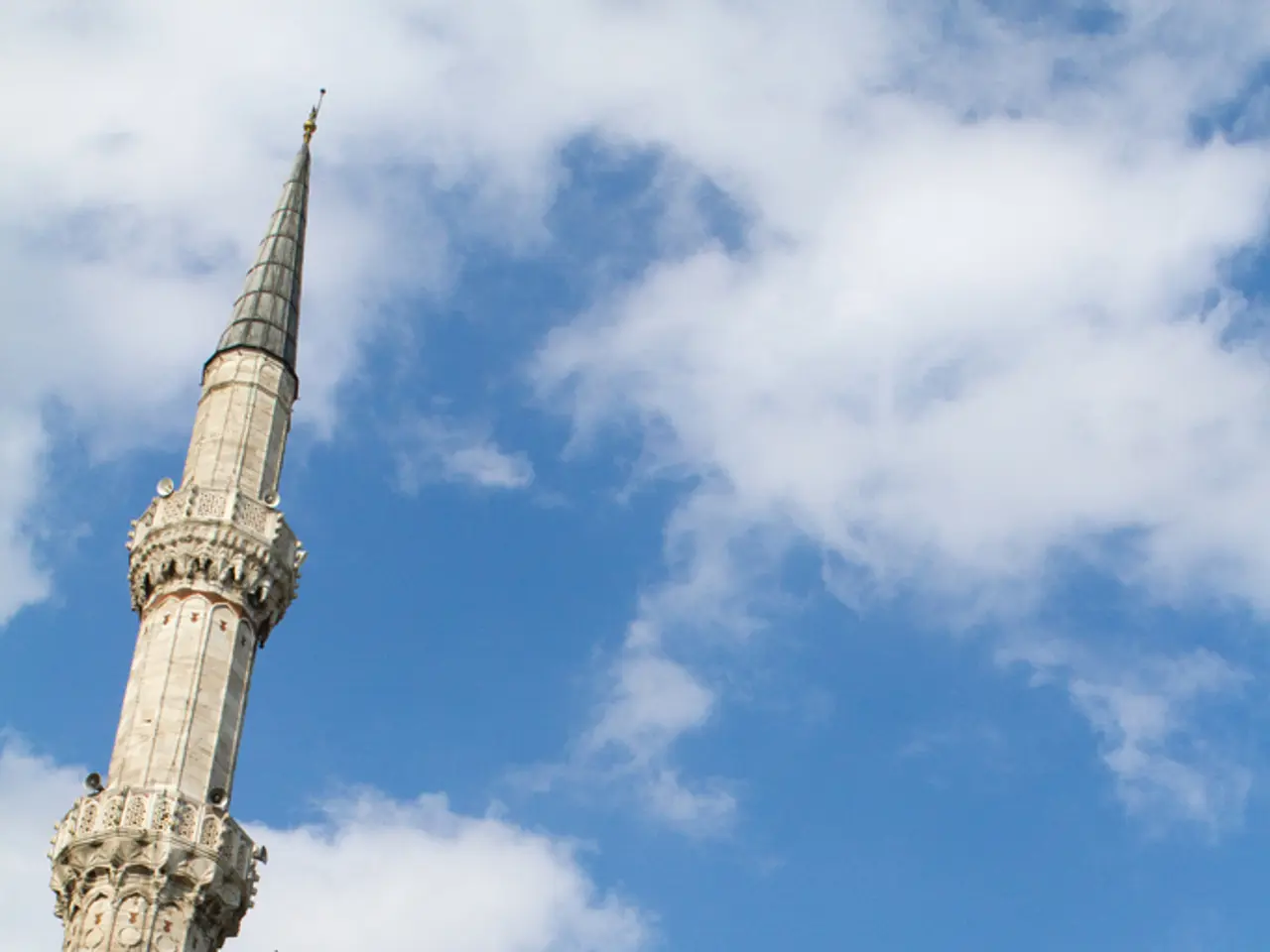Nuclear development by Iran persists post-conflict
Iran and the United States find themselves in a delicate standoff following a recent bombing of Iranian nuclear facilities by Israel, with indirect U.S. involvement. The stances of both nations regarding the resumption of nuclear talks remain cautious and conditional.
Iran's official position, as expressed by Foreign Minister Abbas Araghchi, is firm on continuing uranium enrichment despite the damage caused to its nuclear infrastructure. Iran maintains that its nuclear activities are for civilian purposes and compliant with international law, but insists on its right to enrichment. Tehran views the Israeli strike as an act of war and has retaliated militarily, but has agreed to a ceasefire mediated by the U.S.
The United States, under President Donald Trump who returned to office in 2025, has restored a maximum pressure campaign against Iran while also signaling willingness to negotiate on the nuclear program. The U.S. brokered the ceasefire and warned Iran that any resumption of nuclear activities would provoke further strikes on Iranian nuclear sites. Trump’s administration showed openness to regime change but also resumed indirect nuclear negotiations, with plans for talks reportedly held in Oslo on July 10, 2025. However, no formal political agreement was reached in the ceasefire, making the situation a fragile pause rather than a resolution.
Experts see this post-strike period as a critical "window of opportunity" for diplomatic efforts. Iran could be pressured into a phased approach, suspending uranium enrichment for several years under international oversight to eventually resume civilian nuclear activities compliant with the Non-Proliferation Treaty (NPT) and International Atomic Energy Agency (IAEA) inspections. Success depends on commitment not only from Iran and the U.S., but also other JCPOA parties, amid a difficult regional security environment.
Meanwhile, Israel has hinted at a change in priorities in its war efforts, suggesting the liberation of hostages in Gaza. A prominent Iranian cleric, Grand Ayatollah Nasser Makarem Shirazi, has indirectly threatened U.S. President Donald Trump with death, while also emphasizing the Supreme Leader's high political and religious power.
In a recent development, US President Donald Trump has announced new talks with Iran about the nuclear program for this week, but has not provided details. Iran has rejected the IAEA's demands for access to its nuclear facilities and has temporarily suspended cooperation with the agency under a new Iranian law.
Israeli Prime Minister Benjamin Netanyahu has stated that freeing hostages is a priority, while Iran intends to continue its national nuclear program despite recent bombings. Iran also rejects accusations of secretly developing an atomic bomb.
As both nations navigate this complex and volatile situation, it remains to be seen whether diplomatic efforts will lead to a comprehensive deal or if tensions will escalate further.
- The ongoing war-and-conflicts between Iran and the United States, rooted in Iran's nuclear program, continues to dominate general-news discussions, with both nations maintaining tense stances and conditional positions.
- Despite the recent bombing of Iranian nuclear facilities by Israel, politics surrounding the resumption of nuclear talks between Iran and the United States remain uncertain, with experts viewing the post-strike period as a critical window of opportunity for diplomatic efforts.








